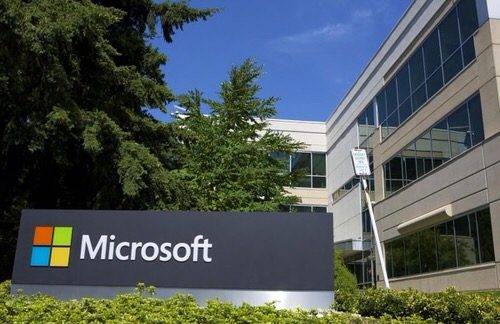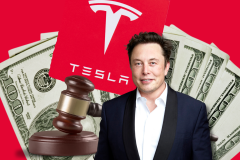Microsoft has not made any moves in the autonomous car space, but confirmed interest in building productivity suites or entire operating systems for automakers to integrate inside their cars.
That came with the caveat that it will not build its own autonomous cars. Like Google, it wants to partner with automakers, but Microsoft is even further behind since it hasn’t built a prototype car.
See Also: Microsoft splashes out on Internet of Things startup Solair
“We won’t be building our own autonomous vehicle but we would like to enable autonomous vehicles and assisted driving as well,” said Peggy Johnson, head of business development at Microsoft, at the Converge technology conference in Hong Kong earlier this week.
Johnson claimed that Microsoft were “having discussions” with seven to eight automakers and tier one vendors about self-driving cars, about productivity and Cortana inside the car.
Microsoft does appear to be more focused on building in-car entertainment and productivity applications, rather than building the self-driving systems that deliver a hands-off experience to drivers.
“You’re sitting in the car for many, many minutes a day. Can that be part of your new office, can it be your new desk, a place where you actually get work done? We believe it can. Each of [the automakers were talked to] had a little something different that they wanted,” said Johnson.
Excel at full acceleration?
Integration of Office 365 could be vital for some car owners, though we suspect Microsoft’s apps will be available through car app stores like Android Auto and Apple CarPlay, which currently provide integration with a car’s dashboard. In the future, we may see further integration to make the car a service for everyone in the family.
Microsoft does appear to be on the back foot of the autonomous market. While Google, Tesla, Uber, and apparently Apple work on self-driving cars, Microsoft is holding preliminary talks without much leverage.
However, we may not be seeing the full picture. Some of Microsoft’s Azure services may be extremely impactful to connected cars in the next few years, providing cloud and IoT systems to automakers.
We’ll have to wait and see if these discussions turn into meaningful partnerships.






















